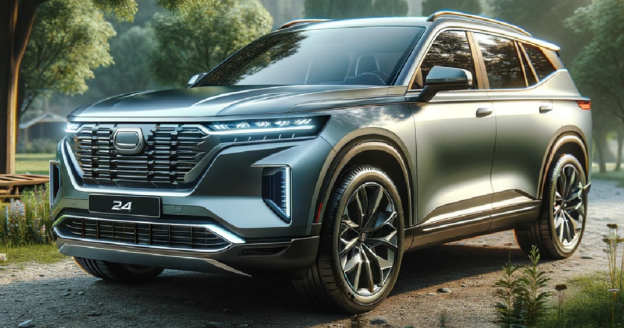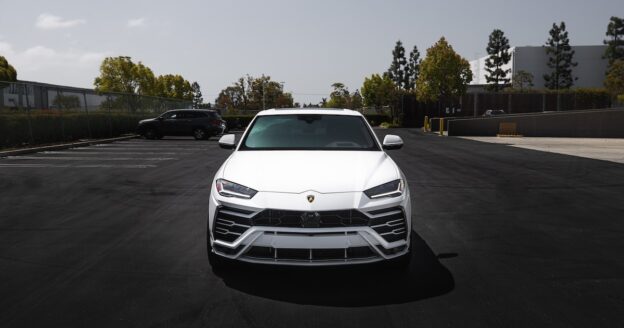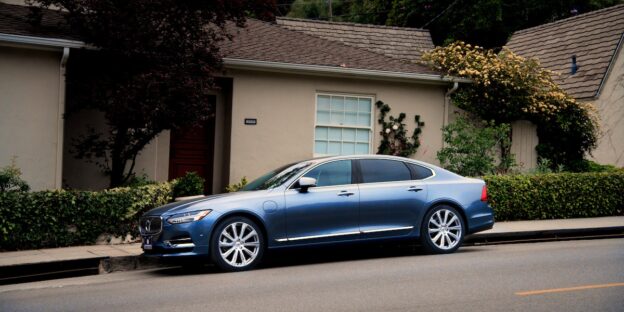When it comes to financing a new or used vehicle, borrowers have several options, ranging from dealership financing to bank loans. However, one avenue that often provides a unique set of advantages is obtaining an auto loan through a credit union. Credit unions are not-for-profit financial institutions that serve their members with a more personalized touch compared to traditional banks.
Let’s explore the myriad benefits of securing an auto loan through a credit union, highlighting why it might be the smartest financial move for prospective car buyers.
Lower Interest Rates
One of the most compelling reasons to consider a credit union for your auto loan is the potential for lower interest rates. As member-owned institutions, credit unions typically offer more favorable rates than their for-profit counterparts. The savings on interest can significantly reduce the total cost of your loan, making your vehicle purchase more affordable over time.
More Flexible Loan Terms
Credit unions are known for their flexibility when it comes to loan terms. Unlike banks and dealerships that might have strict policies, credit unions often work with their members to find the most suitable terms, including the length of the loan and repayment schedules. This flexibility can help borrowers tailor their loans to fit their financial situations, potentially avoiding the stress of unmanageable payments.
Personalized Customer Service
Credit unions pride themselves on their member-centric approach, offering personalized customer service that’s often missing in larger financial institutions. When you apply for an auto loan through a credit union, you can expect a more individualized experience. Loan officers are more likely to take the time to understand your needs and guide you through the lending process, providing advice tailored to your financial situation.
Easier Loan Approval
For individuals with less-than-perfect credit, securing an auto loan through a credit union might be easier than through a bank. Credit unions typically have more lenient lending criteria and are more inclined to consider the whole picture — including your relationship with the institution and your overall financial history — rather than making a decision based solely on your credit score.
Additional Benefits and Discounts
Membership in a credit union often comes with a variety of additional perks and discounts. For auto loans, this might include reduced rates on insurance, waived loan processing fees or discounts on car buying services. These benefits can add significant value and reduce the overall cost of purchasing a vehicle.
Supporting Community Institutions
By choosing a credit union for your auto loan, you’re supporting a local, member-owned institution. Credit unions often play a vital role in their communities, providing financial education, supporting local projects and reinvesting profits back into the institution to improve rates and services for members.
Get a Car – and a Loan – from a Credit Union!
Securing an auto loan through a credit union offers a range of advantages, from lower interest rates and flexible terms to personalized customer service and easier approval processes. While credit unions may not be the right choice for every borrower, they represent a viable alternative to traditional financing options. If you’re in the market for a new vehicle, consider reaching out to a credit union in your area to explore your auto loan options.
RepoFinder has the largest bank repo list in America. With us, you’re buying real repos from credit unions and banks. You don’t have to pay commissions, you can get a great deal on a vehicle and you can get financing directly from the seller. Browse the inventory available in your area on RepoFinder.com.











